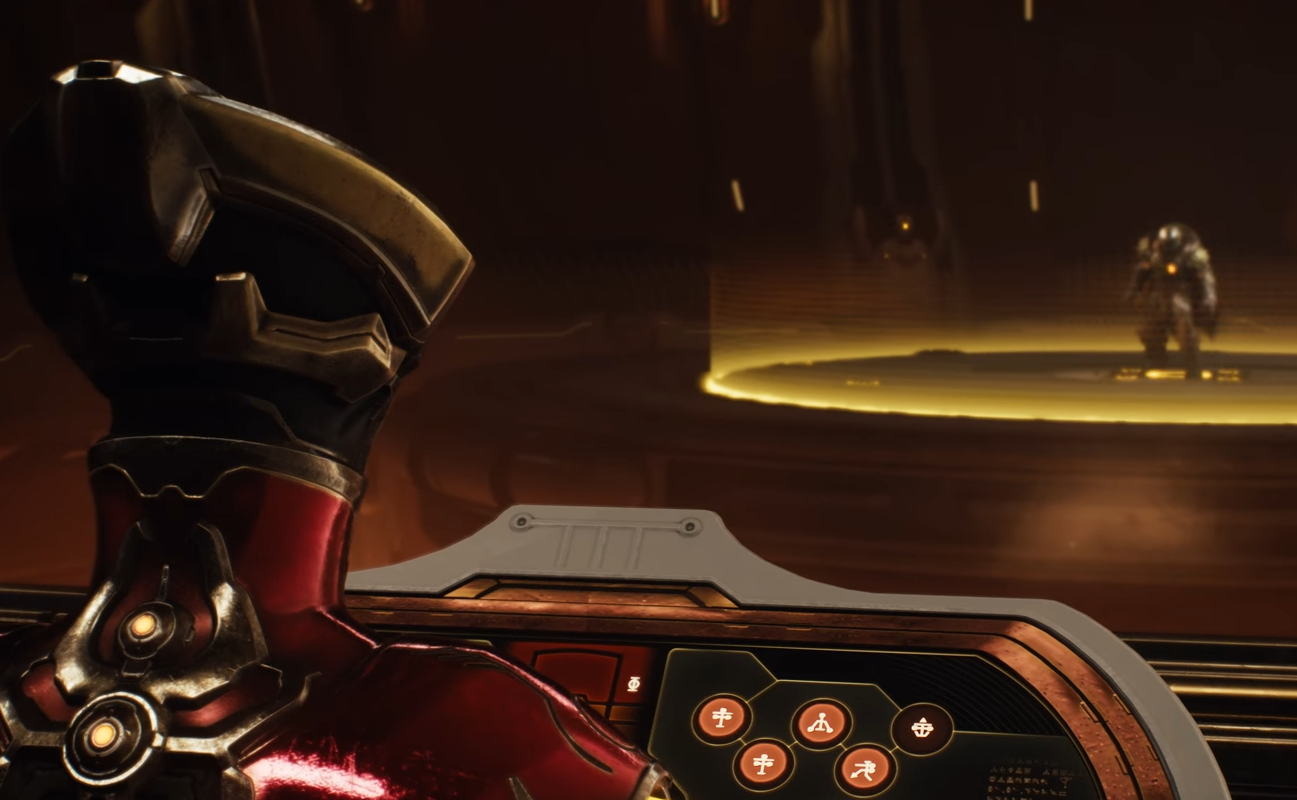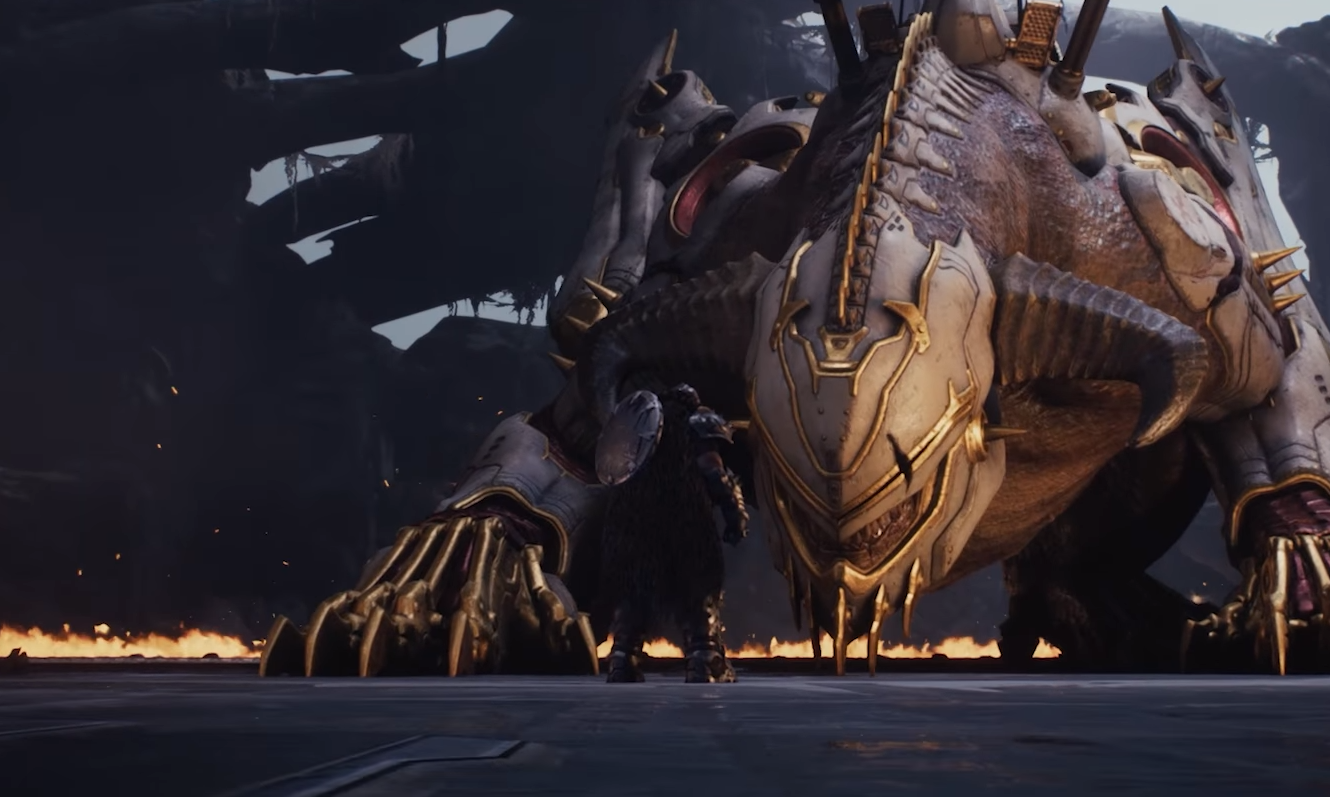Best Difficulty Settings Guide | Doom: The Dark Ages
Image Credits: id Software, DOOM: Dark Ages
Doom: The Dark Ages brings the blood, the carnage, and a medieval buzzsaw of challenge settings, ranging from a laid-back demon stroll to full-on permadeath hell. Whether you're a fresh recruit or a Doom veteran with a grudge against health pickups, here’s a breakdown of every difficulty option and what they actually change.
Read More: All DOOM: The Dark Ages Achievements Guide
All Difficulty Modes Explained & Which to Choose
There are six main difficulties in Doom: The Dark Ages, and you can choose any of them right from the start. The game even lets you change difficulties mid-run, unless you're on one of the permadeath modes (more on that below).
Here’s a plain-English breakdown of how each one plays:
Aspiring Slayer
Extra-long Parry Window
Enhanced Targeting and Empowered Attacks are on (aiming is easier, enemies get staggered more often)
Enemies are passive, deal half damage, and stay dazed longer
Pickups give more health, armor, and ammo
Basically “training wheels” with blood
Hurt Me Plenty
Slightly shorter parry window
No aim assists or buffed attacks
Enemies deal normal damage and act normally aggressive
Resource pickups are standard
Ideal for new players who still want to play Doom, not coast through it
Ultra-Violence
Enemies are more aggressive
They hit for double damage
Parry timing gets tighter, daze duration is shorter
Still totally doable—just faster, deadlier, and messier
Nightmare
Enemies hit for 2.5x normal damage
They swarm harder, daze for shorter
Pickups restore less
You’ll feel the pressure constantly—perfect for FPS veterans
Pandemonium
Same difficulty as Nightmare
Limited Lives via Life Sigils
Run ends if you run out of them
Yes, you can still change modifiers—but once you start, no switching to normal
Ultra-Nightmare
Nightmare rules apply
If you die even once, your run is over
No checkpoints, no retries, only pain
Save only happens at the end of each chapter
Which Difficulty Should You Pick?
| Player Type | Recommended Mode |
|---|---|
| Total Newcomer | Aspiring Slayer |
| Casual Doom Enjoyer | Hurt Me Plenty |
| Experienced Slayer | Ultra-Violence |
| Doom Die-Hard | Nightmare |
| Masochist/Streamer | Ultra-Nightmare |
What About Difficulty Modifiers?
If none of the preset modes feel quite right, The Dark Ages lets you tweak individual modifiers from the pause menu:
Parry Window – Make it tighter or more forgiving
Damage to Player – Adjust how hard enemies hit
Damage to Demons – Buff or nerf yourself
Projectile Speed – Slow them down or speed things up
Game Speed – Crank it up or play in slo-mo
These modifiers even work on Pandemonium and Ultra-Nightmare, but once you start those runs, you can’t go back to a standard playthrough.
Final Blurb
Whether you're slicing through Hell at your own pace or trying not to blink for 10 hours straight, Doom: The Dark Ages has a difficulty that fits. Start where you're comfortable, then crank it up when you're ready to earn the scars. Just… maybe don’t open Ultra-Nightmare until you’ve had your coffee.
FAQ
Q: Can you change difficulty mid-playthrough?
Yes, except on Pandemonium and Ultra-Nightmare. Once you're in those, you're locked in.
Q: Are there any trophies/achievements tied to difficulty?
Nope. Play what feels right, you won’t miss out on anything.
Q: Can I use modifiers on all modes?
Yes, even on permadeath runs. Just don’t expect to switch modes after you start.
Q: Does Ultra-Nightmare save at all?
Only at the end of a chapter. If you die before then, the whole run is gone.
Q: What's the hardest part about Nightmare and up?
Resource management. Enemies hit like trucks, and healing drops are stingy. Mess up a parry? You’ll feel it.





